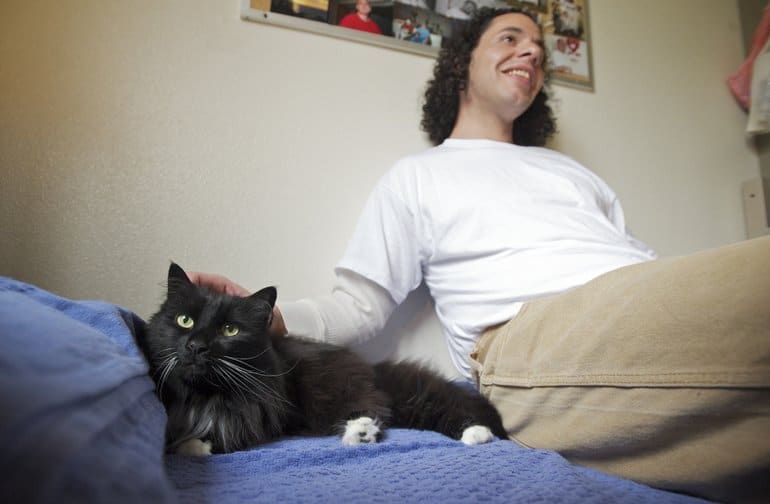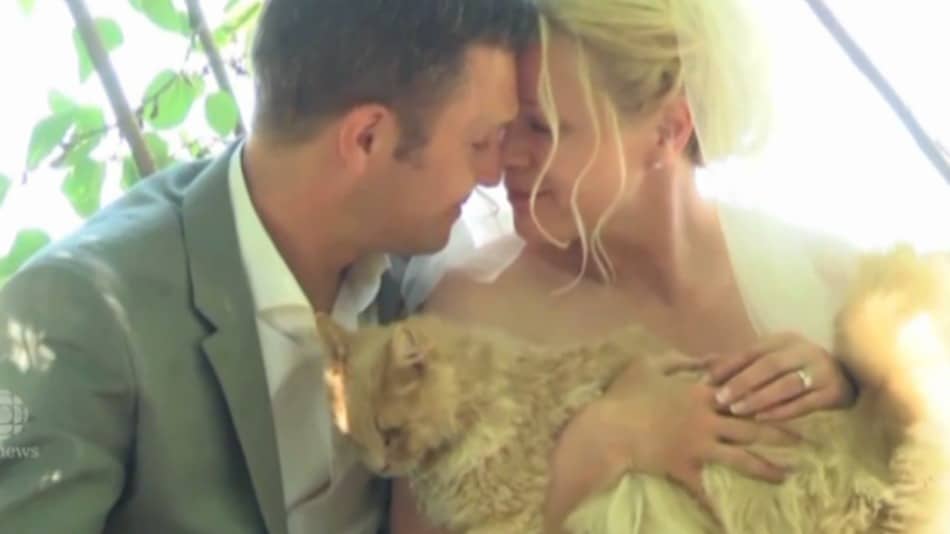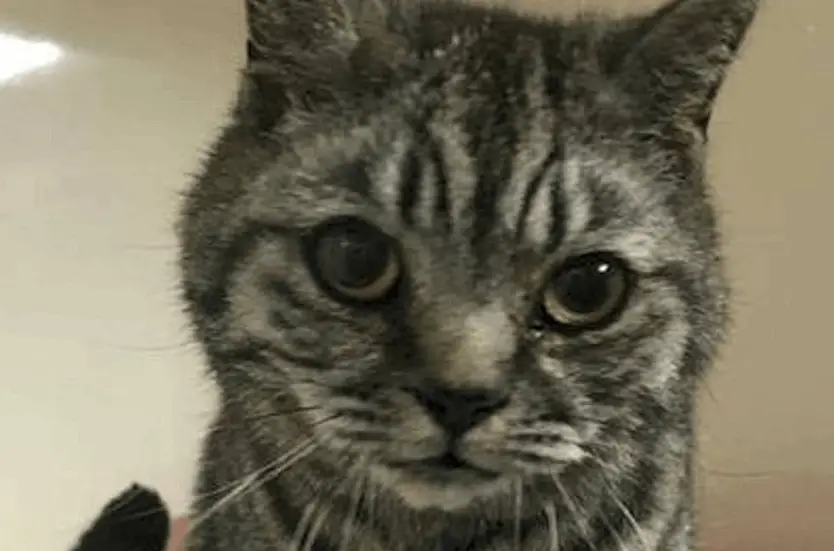The post-spaying time can be both challenging for you and your cat, and this is what you can do to make the experience easier.

If you have a cat or plan on getting one, you should know for better health and a longer lifespan it is very important to have her spayed.
It’s not just about limiting the number of kittens or reducing the count of stray animals, spaying has great health benefits. Other than the health benefits, it is very important to keep the rate of unnecessary growth of the population of these animals under control, which can lead to more helpless animals in the streets.
You need to take good post-surgery care of your cat after any procedure. However, a spayed cat requires extra pampering and observation after the surgery, because of the big incision on her abdomen area.
Often the healing process can be quite irritating for them and they end up repeatedly licking the sutured area. This can lead to the stitches coming off to cause more trouble and pain for your cat.
Benefits of Spaying your Cat
For cat owners who hesitate or are unsure about spaying their cats, here are some benefits:
- Spares them from Going Into Heat
If you’ve ever seen a cat in heat, you are aware of how uncomfortable it is for them. It is a painful phase in a cat’s life and when a cat is deprived of mating while in heat, it puts a toll on them.
So the wiser step is to get them spayed as soon as they are old enough. Some veterinarians will spay as young as 8 weeks, while others prefer to wait until the cat is at least 5 to 6 months of age. If your cat is an adult, she’s ready to be spayed. Talk to your vet about the best option for you and your cat.
- Saves Money
Having your cat spayed is way more cost-effective than paying for a growing litter of cats. You don’t want to spend extra for the litter your cat is going to birth every year.
They’re adorable, but raising a litter of kittens is expensive.

- Prevents Diseases
Unspayed cats are more prone to developing various diseases as they get older. Such as tumor growths that might become malignant and turn cancerous and a dangerous uterine infection called pyometra.
Spaying a cat reduces the chance of your cat suffering from ovarian or cervical cancer. Removing the ovaries helps to reduce the hormones that trigger the growth of cancerous cells in the ovary and the mammary glands.
Cats can also get infected if they are actively mating. Diseases such as feline AIDS and leukemia are transmitted sexually in felines. Even though these don’t get transmitted to humans by them, you still don’t want to lose your beloved pets to these deadly diseases.
- Reduces Risk of Escaping
When your cat is in heat, she has one thing on her mind — finding herself a male cat. And that means she is likely to escape if she finds an unguarded open door or an exit.
There will always be a risk of losing your cat if you don’t get them spayed. This behavior is also found in male cats who aren’t neutered.
Check out Animal Fate for more information and health benefits on cats getting spayed.
How to Look After Your Cat Post-Spay
Here are some basic ways to look after your cat and her fresh suture post-surgery.
- Isolate Her
Your cat might feel vulnerable, even aggressive towards humans and other pets in the house, due to the pain and discomfort she feels post-surgery.
It is wise to keep her isolated in a room by herself. That will keep her calm and she will feel more secure. She will get an ample amount of sleep and rest, which will help her heal.
- The Food Routine
Remember to feed your cat in small quantities. She might be feeling too uncomfortable to even eat at first, so feed her liquid cat food, chicken stock, or saline solution, the first day after her surgery.
Don’t bring a drastic change in her food habit after surgery, that can cause an upset stomach. She will start eating normally again once she gets used to the situation. Make sure she eats but don’t force, you need to be patient.
- Keep a Close Eye
You need to keep tabs on your cat for 2 weeks straight. Because jumping and running can cause her stitches to open which will be nothing but bad for the cat, and may require to take her back to the vet for extra stitches.
It might seem like more work, but if you love your pet, it is something that will come out of love and concern.
- Keep Her Inside Always
This will prevent her from getting infected by germs when she goes out. Getting infected while having a fresh stitch can lead to deadly health hazards.
One way to keep cats in place is to use a heated cat bed. These snug beds are irresistible to cats as they are plugged in and kept warm to their natural body temperature.
Monitor your Cat the Right Way
The most important steps to take after surgery are keeping the incision safe and checking that it doesn’t get infected.
During the period, make sure the stitches don’t get wet and be sure your cat doesn’t lick the area too much. The repeated licking due to discomfort can lead to infections, and we all know infection in a fresh wound leads to worse circumstances.
If she’s licking the area too much, you may need to purchase an Elizabethan collar (e-collar) for your cat. Once you put it on your cat, she will be unable to lick the area of the incision. However, in the meantime, if you notice any sort of redness, irritation, or swelling in that particular area, immediately contact your vet.
Spaying is the Right Answer
It might look like a huge responsibility, but it is something you are doing for the best of your cat. Yes, it means sterilization, but it is better than your cat having a litter of kittens every year and you putting them up for adoption.
The surgery can be a big one for your small being, but with the right steps and keen monitoring, both you and your cat can get through it easily and without much of a hassle.




